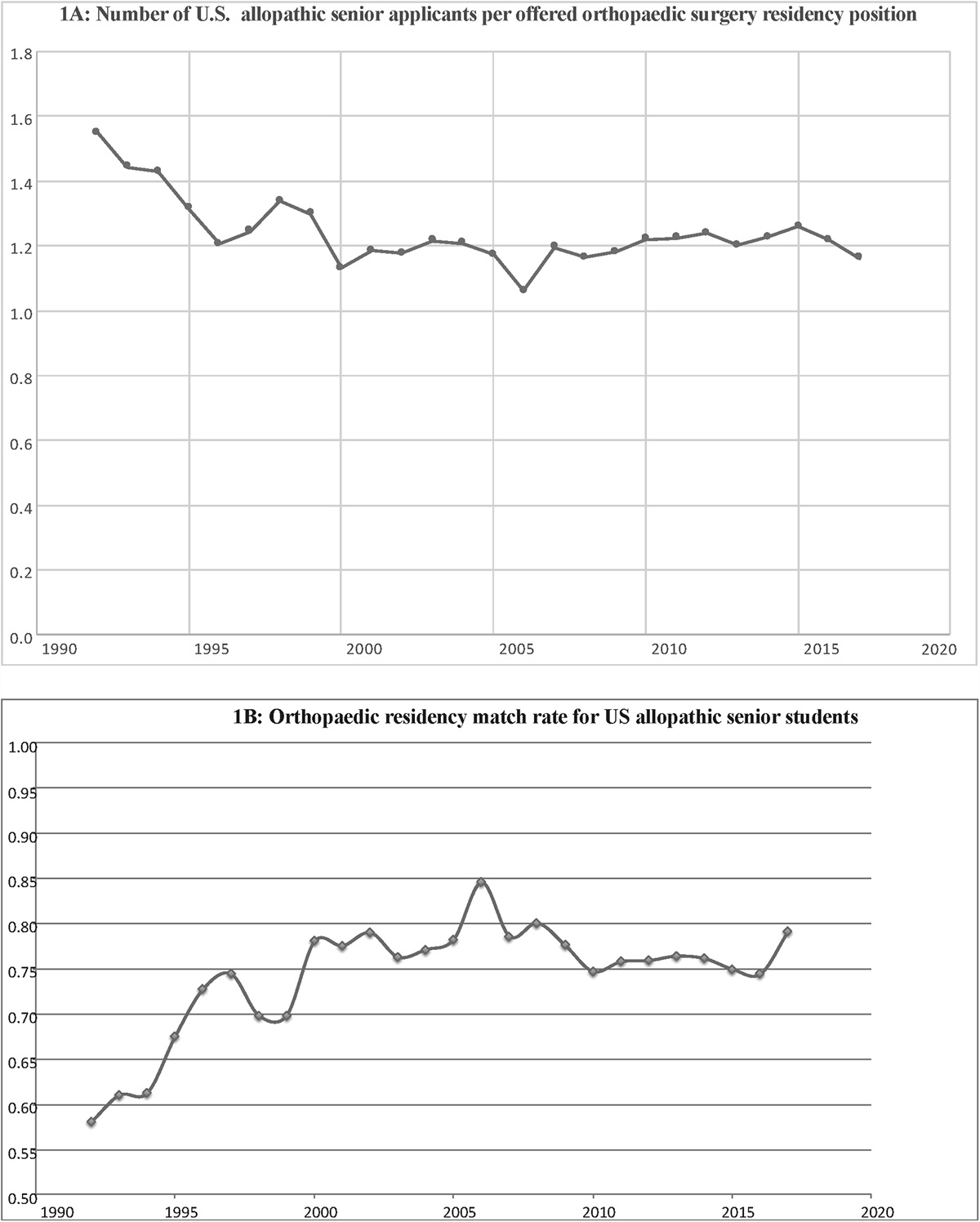- Joined
- Oct 5, 2015
- Messages
- 1,985
- Reaction score
- 1,916
I seriously cannot believe this flat out lie is repeatedly sold to everyone and people turn around and just believe it. Try getting a specialist job in a desirable part of the country for good relative pay. Try opening your own practice in a desirable area and rapidly building a large roster. Now look at midlevel job positions in those same regions. The obvious fact that midlevel jobs are available where physician jobs are not, especially when there can be an enormous overlapping scope of practice - should tell people the truth.
Like do you guys think 4 PAs who see new specialist consults aren't taking away workload demand that can be used to hire another specialist? Or an NP with an independent primary care practice with 1000 patients isn't taking away potential patients from a new FM/IM? Or midlevels doing hospitalist work? How about in the ICU; where instead of having an IM hospitalist cover the (open) ICU, they now have an NP do it.
There is no physician shortage in desirable parts of the country. There are only competing forces. Even in underserved areas with independent midlevels, they're now displacing doctors left and right.
Like do you guys think 4 PAs who see new specialist consults aren't taking away workload demand that can be used to hire another specialist? Or an NP with an independent primary care practice with 1000 patients isn't taking away potential patients from a new FM/IM? Or midlevels doing hospitalist work? How about in the ICU; where instead of having an IM hospitalist cover the (open) ICU, they now have an NP do it.
There is no physician shortage in desirable parts of the country. There are only competing forces. Even in underserved areas with independent midlevels, they're now displacing doctors left and right.


